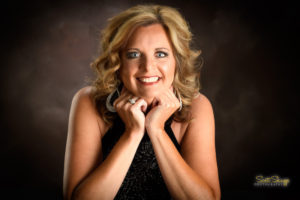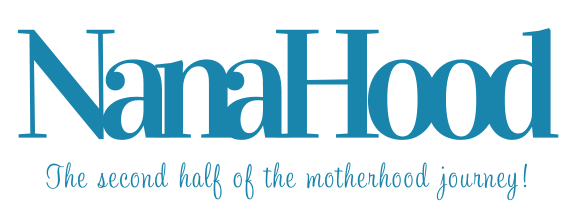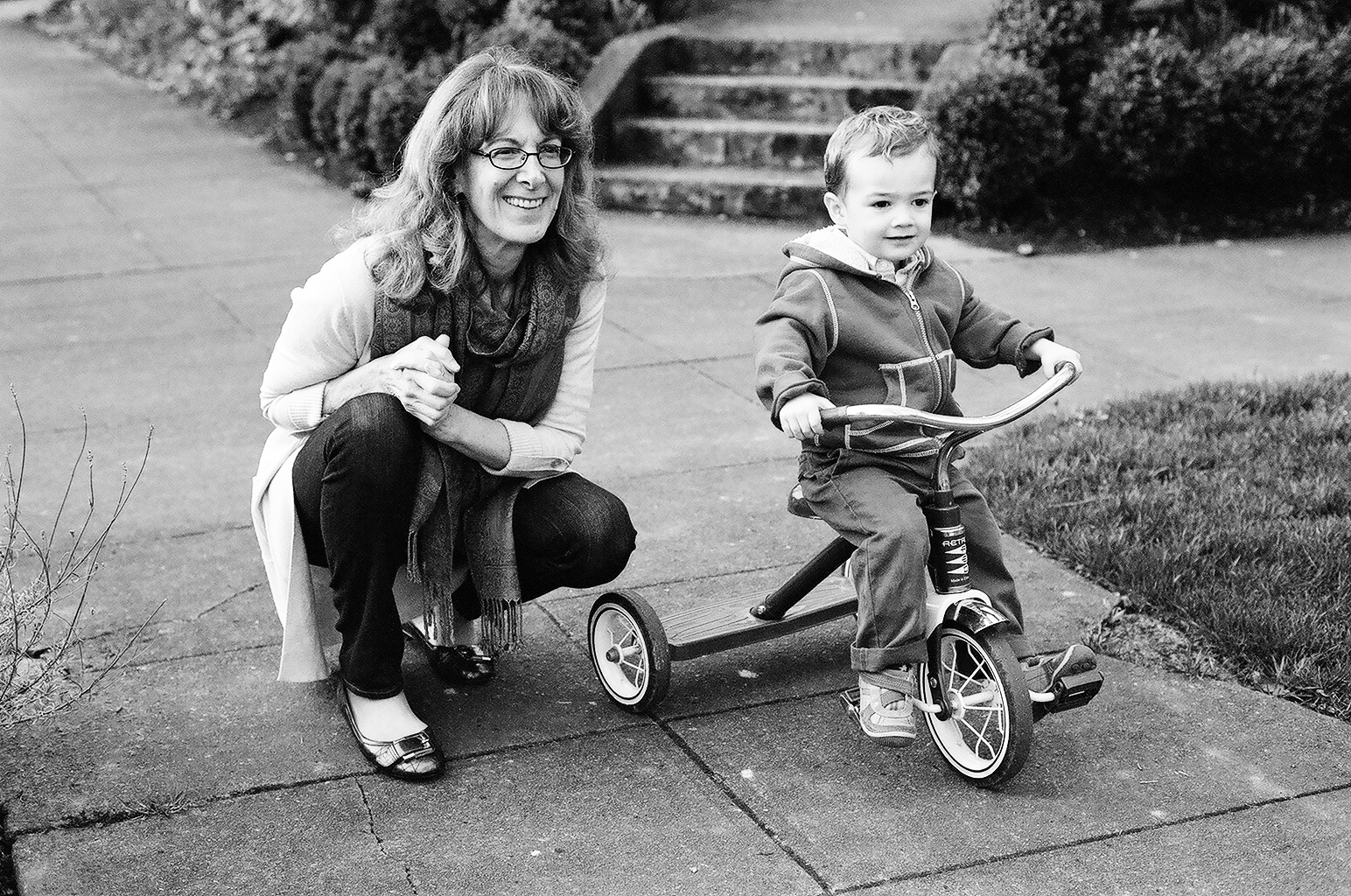Reflections From The Kitchen Sink On Sharing Your Opinion
Sharing Your Opinion
The right to be outspoken has created an unhealthy environment of criticism and no real conversation. People hide behind the shields of Twitter and other social media and sense an obligation to voice often uneducated opinions. Even worse is that the blind masses—be it a party of one or a party of one million—fall into the marches of these opinions oftentimes just to be a part of a movement, or because it is easier to buy in to some charismatic person’s emotional cries than it is to find out details and make up one’s own mind about a situation. That’s pretty dangerous stuff.
Yesterday, I read a post from a special needs mom about her making a couple of decisions that had received pointed criticism from several people in her world. She had chosen to keep a child—a sibling of her special needs daughter—home to look into a couple health matters he is experiencing. People went nutso about it and decided to share their opinions and to share them in a not so loving way. After a week of a pointed attack on my own inability to manage life appropriately, I will share some of my thoughts about that kind of banter.
What in the world are you thinking when you attack anyone, but in these cases moms and dads of high need kids? You might think you know everything there is to know about managing life and how to do it best, but I can assure you that on any given day you see and hear maybe 10% of what the realities in these people’s homes are. You don’t understand why the child has therapies every week? You think the kids should eat whatever is put in front of them? You think blah, blah, blah? Thanks for sharing. Really. Thank you. However, your opinions don’t change the reality that the child needs three appointments a week to function, can’t stand the texture of peas, or isn’t blah-blahed.
Next, don’t be throwing off on the “normal” kids. The “normal” siblings of these extra need kiddos experience so much emotional and physical stress that they have their own laundry lists of needs. It isn’t easy, for instance, being the “big” brother to an older sibling and taking on some of the supervision and care of someone older than you. Before you get your knickers twisted about that, sometimes it could be as simple as sitting in the room with the sibling while the solo parent takes a quick shower. For those with medically fragile children, there is 24-hour line-of-sight care. If the child is awake, he or she needs someone nearby.
“Why don’t you tell people more about the situtation? People would try to help.” 1.) Some things aren’t easily explained. 2.) It’s very personal, and there’s no need for you to know. 3.) You have your own life and stresses you’re managing. 4.) The child has a great medical team working in concert with one another, so we don’t need you to Google and provide your diagnoses and cures for incurable illnesses. 5.) Some things are embarrassing, and we just don’t want the highly judgmental world to know. 6.) We have been beaten down enough by opinion, and we really don’t think we can take one more comment. I am sure there are more.
Disabled children often live with just one parent because the stress of managing life with extra needs pushes many to divorce. I know many widowed parents of special needs children, too, who have that layer of life piled on top of their worlds. Swinging this responsibly alone is tough. If the parent gets a couple hours of respite time, don’t immediately assume he or she isn’t managing life appropriately. I have a friend who is a widow who does her best to manage herself and her child with Down syndrome. She puts in her all and simply doesn’t have a lot left for other things. She isn’t a bad daughter or bad friend; her energies are just depleted. She doesn’t need stabs when she goes out to dinner with someone and runs to the mall before returning home. Yes, that happened! This week. Oh, and she got a haircut! The horror of self-care maintenance…how could she?
Many people at their cores think they are helping, but the constant “advice” is more harmful than helpful. Even through interacting with your friends or family members in this spot, you won’t comprehend all the the angles of care and the different faces of the individual’s disability can have within just a few hours much less the what is required daily just to function.
Judging a special needs parent’s efforts with his or her child or any facet of his or her life simply isn’t necessary. I can assure you most of us are trying our best even if our best doesn’t look good enough to the rest of the world.
Do you really want to help? Send a text that reads, “You are being prayed for today.” Drop off a plate of cookies. You might not be trained to actually provide the respite care, but ask if that mom or dad could get away for an hour and just sit at a coffee shop and have adult conversation. Ask what a need is around the house and show up to help get that done. Send a card in the mail that will be found between all the medical appointment reminder cards and bills. Little things are huge things.
I guess I will step down off my soapbox here at the sink. It is time to start the morning routine anyway.

Until next time…
Bio: Melinda Campbell is a retired educator who currently focuses her efforts on raising her two teenaged boys, advocating for individuals with special needs and against drunk driving, and serving in her local community. Melinda has been gaining recognition for her writings labeled “Reflections from my Kitchen Sink” since the tragic death of her husband Michael in 2015. In her stories, she shares observations from her daily life including moments she has as a solo parent, a widow, and a woman who battles significant health issues including fibromyalgia and depression. BIG ANNOUNCEMENT- New Kitchen Sink Merchandise-Click Here






